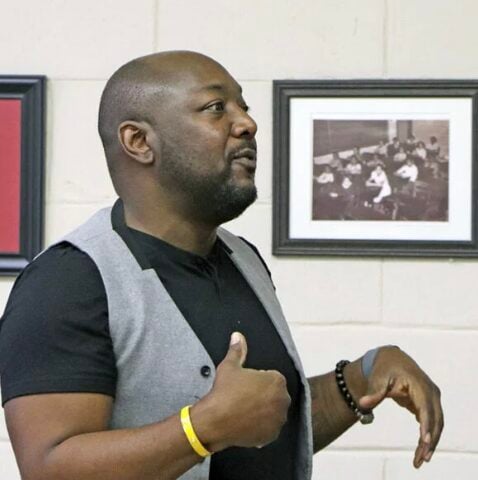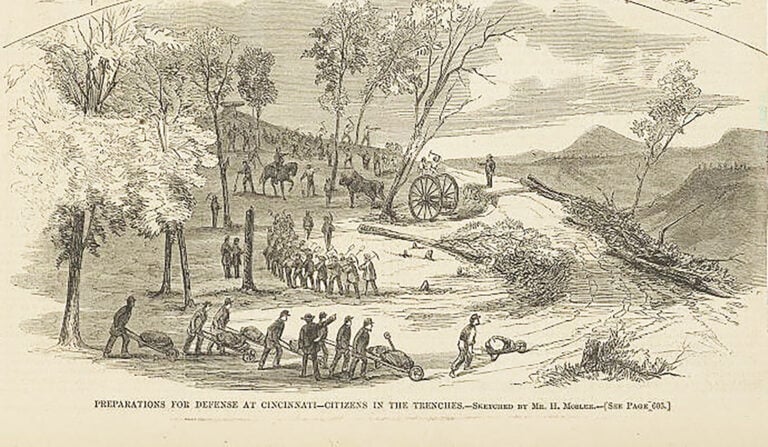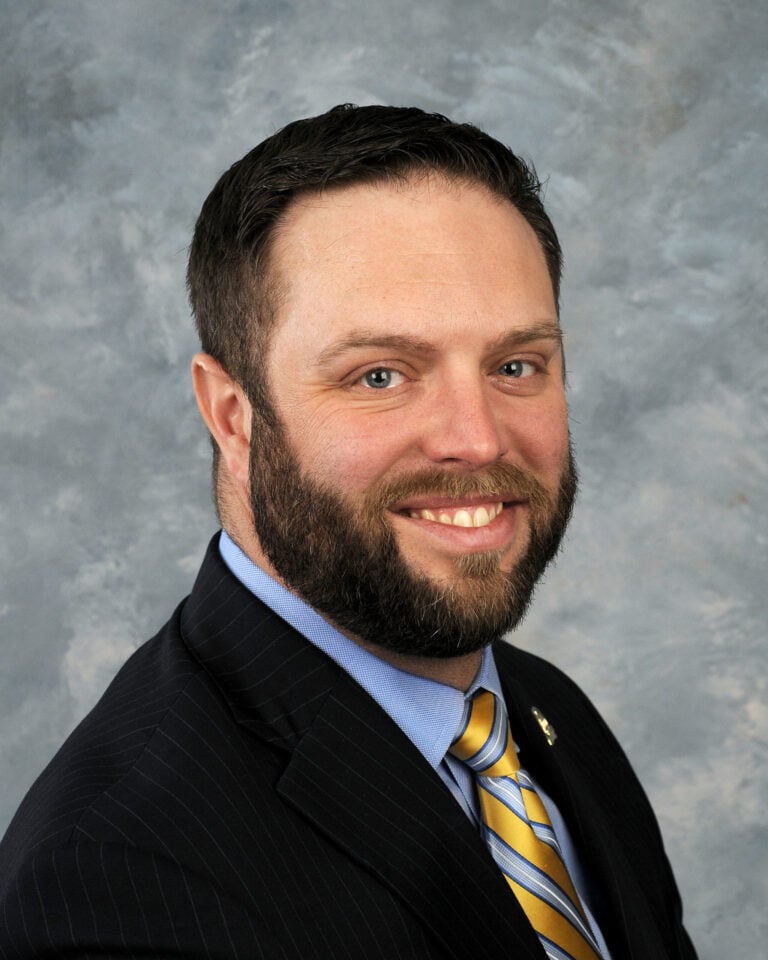Following the recent Supreme Court ruling permitting same-sex marriage, the controversy that arose in some of our Kentucky counties involving the First Amendment has raised an emotion-laden question. The clerks state their religious beliefs won’t let them issue marriage licenses to these couples and claim having to do this would violate their religious freedom. Would it?
This caused me to dig back into my memory. Years ago, I studied the Bill of Rights—the first ten amendments to the U.S. Constitution—in a political science course devoted entirely to these crucial provisions. It was one of the best courses I ever took. We not only studied the amendments, but also the court cases involving them and the justices’ majority and minority opinions that revealed their reasoning.
The First Amendment, added December 15, 1791, reads:
“Congress shall make no law respecting an establishment of religion, or prohibiting the free exercise thereof, or abridging the freedom of speech, or of the press, or the right of the people peaceably to assemble, and to petition the government for a redress of grievances.
A quick look at our history will remind us that the Puritans came to this country to escape persecution from government for practicing their particular interpretation of religion. In writing a constitution for their new country, they wanted to guarantee this freedom. Thomas Jefferson wrote about “building a wall of separation between church and state,” a phrase that has been cited by the Court in rejecting efforts to hang the Ten Commandments on courthouse (that is, government) walls or many other areas involving government and sectarian activities.
As early as 1878 in Reynolds vs United States, the court declared it could interfere in this area only when religious principles were “in violation of social duties (emphasis mine) or subversive of good order.” As recently as 1994 David Souter, writing for the majority of the court, said that “government should not prefer one religion over another, or religion to irreligion.” In the 2000s in McCreary County vs. ACLU (2005), McCreary and Pulaski Counties were among those trying to place tablets containing the Ten Commandments on their courthouse walls but were ordered by the Court to take them down.
To me, the interpretation of all this is fairly straightforward. As citizens, County Clerks can believe it is wrong for persons of the same sex to marry, but as government officials they cannot force those beliefs on others by refusing to issue them marriage licenses. In other words, as Gov. Steve Beshear told one of them, they must either issue the licenses or resign.
This is also the way U.S. District Judge David Bunning interpreted the Constitution in ordering Rowan County Clerk Kim Davis to resume issuing marriage licenses after she had stopped issuing licenses to anyone. He said she “likely has violated the constitutional rights of her constituents by promoting her Christian beliefs” at the expense of others.
He wrote that the state was not asking her to condone same sex unions on moral or religious grounds nor restricting her religious activities. She could believe whatever she wanted, but her religious convictions couldn’t excuse her from performing the duties she took an oath to perform. She has appealed the ruling to the court of appeals and been granted a stay of the order for the interim.
I think one of the great sources of misunderstanding for those who fervently believe in a particular religious doctrine has to do with this country being a secular state—one in which laws are made to govern people of many—or no— religious beliefs. Their authority is paramount.
No one is required to follow a chosen church’s doctrines, but may practice the religion he or she chooses or believe in no religion at all. When conflicts arise over their enforcement, our system provides that the courts must interpret them. On the courts are men and women who are not Popes or Ayatollahs, but usually are individuals familiar with civilian laws and lawmaking.
On the basis of the court’s ruling in the Ten Commandments case, if one of the present cases eventually is heard by the Supreme Court, will it continue to be guided in its interpretation of the first amendment, as have previous courts, by Jefferson’s “wall of separation” between church and state?
Previous rulings would appear to make the outcome obvious–that the ruling would be upheld—but this Supreme Court has a majority that is more conservative and there may yet be some surprises.
Lewis Donohew retired from the University of Kentucky College of Communications in 1999 after nearly 35 years of service and having earned a national reputation as a communications scholar and researcher. Now down on his farm growing grapes and living close to the earth, he contemplates issues of the day from a lifetime of experience and a love of the land.


















